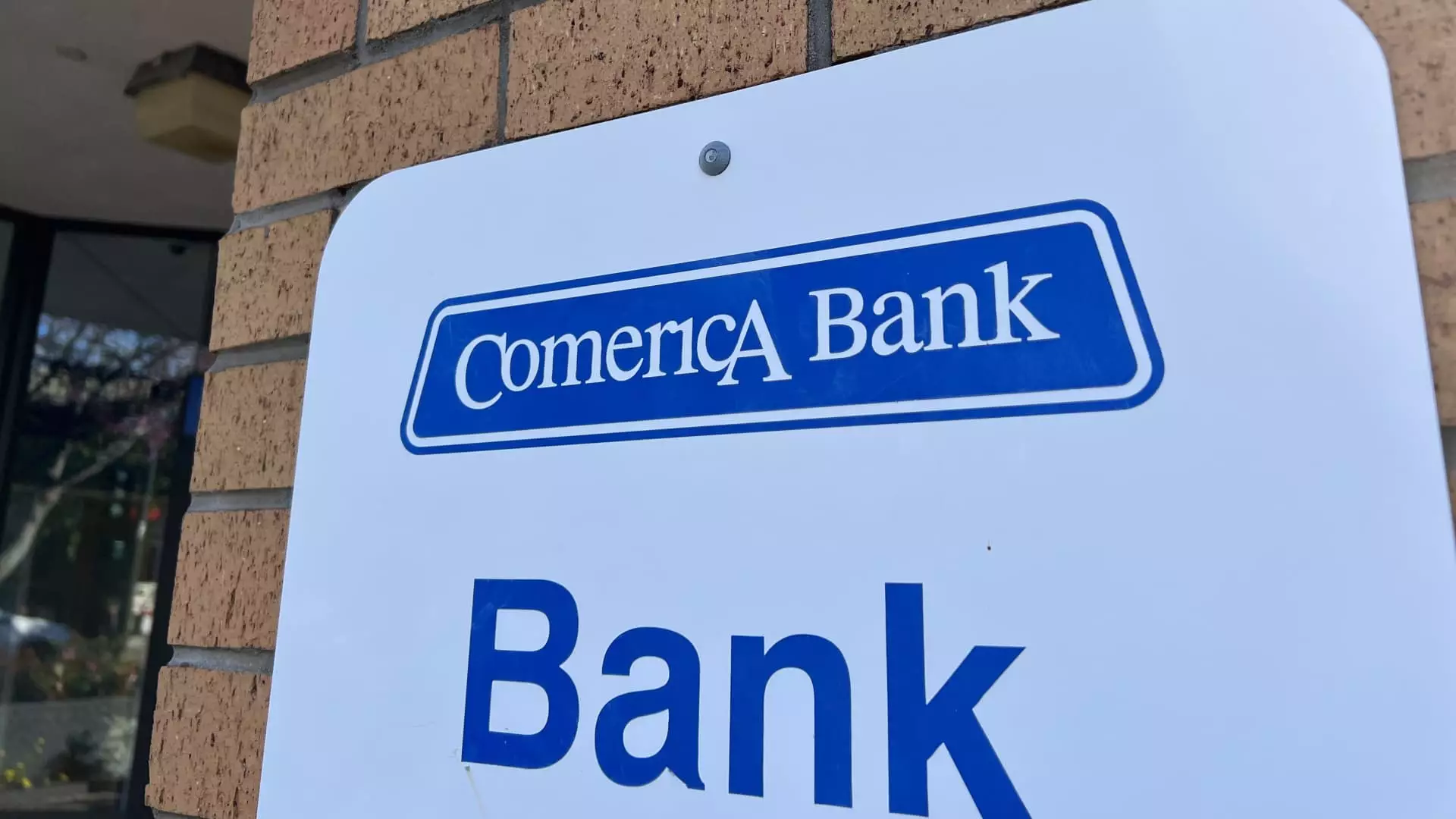The recently announced complaint by the Consumer Financial Protection Bureau (CFPB) against Comerica Bank exemplifies the ongoing scrutiny financial institutions face over their treatment of vulnerable populations. This lawsuit accuses Comerica of egregious mismanagement of the Direct Express prepaid debit card program, which is vital for those receiving federal benefits, such as Social Security. Allegations include the intentional disconnection of over 24 million customer service calls and the imposition of unwarranted fees on cardholders, thereby raising critical questions about the bank’s operational integrity.
The Direct Express prepaid debit cards are designed for individuals who often lack traditional banking resources, including the elderly and disabled. This demographic heavily relies on these cards for everyday expenses, such as groceries and transportation. By undermining the customer service infrastructure and imposing fees, Comerica potentially exacerbates the financial struggles of these populations. As CFPB Director Rohit Chopra emphasized, the bank allegedly traded ethical considerations for profit, prioritizing its financial gains over the well-being of millions of Americans on fixed incomes. This raises moral and ethical concerns about the responsibilities financial institutions have towards their customers, particularly the most vulnerable.
In response to the CFPB’s allegations, Comerica has countered by claiming that its actions were compliant with the oversight mechanisms laid out by the federal government, indicating that they were largely acting under government guidance. This defense introduces a layer of complexity into the controversy, suggesting possible systemic issues in how such programs are administered at the federal level. The assertions made by Comerica reflect the challenging dynamics between financial institutions and regulatory bodies, a relationship fraught with tension, especially when public welfare is at stake.
The CFPB’s actions against Comerica are not isolated incidents. The agency has a history of intervening when banks are perceived to mishandle federal benefits, as seen in its previous case against Bank of America, which was heavily penalized for its treatment of state unemployment benefits during the pandemic. These precedents not only highlight the CFPB’s proactive stance in protecting consumer rights but also expose the banking industry’s recurring vulnerabilities when it comes to handling social programs.
As the situation develops, it will be crucial to monitor how this case unfolds and its implications for Comerica Bank’s relationship with its customers and regulators. The financial ecosystem must ensure that programs designed to support the most disadvantaged in society are managed with the utmost care and integrity. The broader ramifications resonate across the entire banking sector, underscoring the importance of ethical and responsible financial practices tailored to the needs of vulnerable consumers. The inevitable spotlight on Comerica’s practices may serve as a cautionary tale for other institutions, reinforcing the imperative to prioritize customer trust over profit margins.

